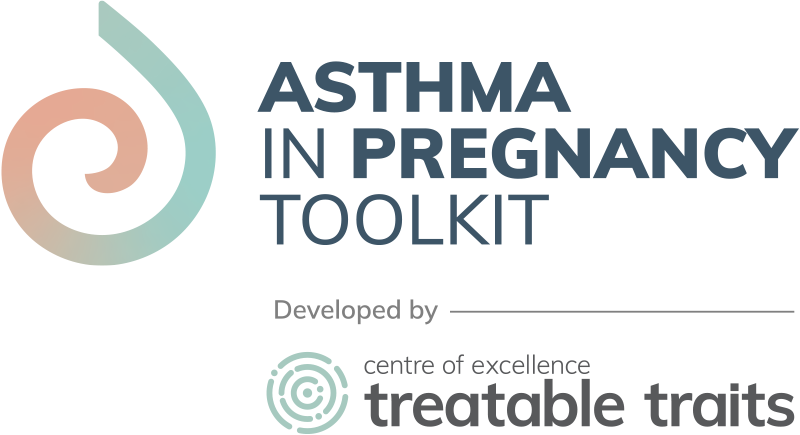
Hayfever or ‘rhinitis’ symptoms can affect more than 1 in 3 women during pregnancy. Hayfever due to allergies is a common trigger of asthma.
Pre-existing hayfever (or allergic rhinitis) is an allergic reaction to particles that you breathe in, and can have a number of different causes. Common allergies include pollens from grasses or other plants, dust mites, mould or animal dander.
Some common symptoms of hayfever/ allergic rhinitis include:
- itchy nose and/or eyes
- sneezing
- runny or blocked nose
- throat clearing
- snoring
- feeling tired and/or disturbed sleep
You can find out more about some of the common grasses, trees and other plants that cause the most allergy issues here.
What can I do to manage my allergies?
Some airborne allergens can be hard to avoid, so it is important to keep taking your preventer medication to help keep your asthma under control.
Asthma Australia and the National Asthma Council (Australia) have lots of tips and resources that may help you manage and avoid common hayfever and other asthma triggers (such as weather changes, exercise, wood heaters, woodfires and many more) whether or not you are pregnant.
Medications for Hayfever / allergic rhinitis
For pre-existing hayfever, many treatments are considered safe to use in pregnancy including some nasal corticosteroid sprays and oral (tablet) antihistamines.
Decongestants (nasal sprays or tablets) should not be used during pregnancy and breastfeeding.
Always check with your doctor or pharmacist if you are unsure.
Are hayfever symptoms during pregnancy, always due to an allergy?
Sometimes hayfever symptoms during pregnancy are due to ‘pregnancy rhinitis’ where you may have a blocked and/or runny nose which does not involve an allergy. This usually clears up after birth.
Pregnancy rhinitis can be difficult to treat, as usual hayfever treatments are either not effective or can make the problem worse. Nasal saline washing and nasal breathing devices may help – speak to your doctor about the best options for you.
Useful resources
Pollen monitoring information is available from Auspollen from the following sites in Australia:
- Brisbane Pollen count and forecast – resumes November 1, 2023
- Canberra pollen count and forecast
- Melbourne Pollen count and forecast
- Perth pollen count and forecast
- Sydney pollen count and forecast
Other locations are also available on the AirRater App. The AirRate App can also give you information on air quality related to smoke and other factors, and can help you track your symptoms.
Further information about the AirRater Air Quality ratings can be found here.
Do you have asthma? Are you pregnant?
Participate in our survey and you could win a $500 e-Gift Card!
